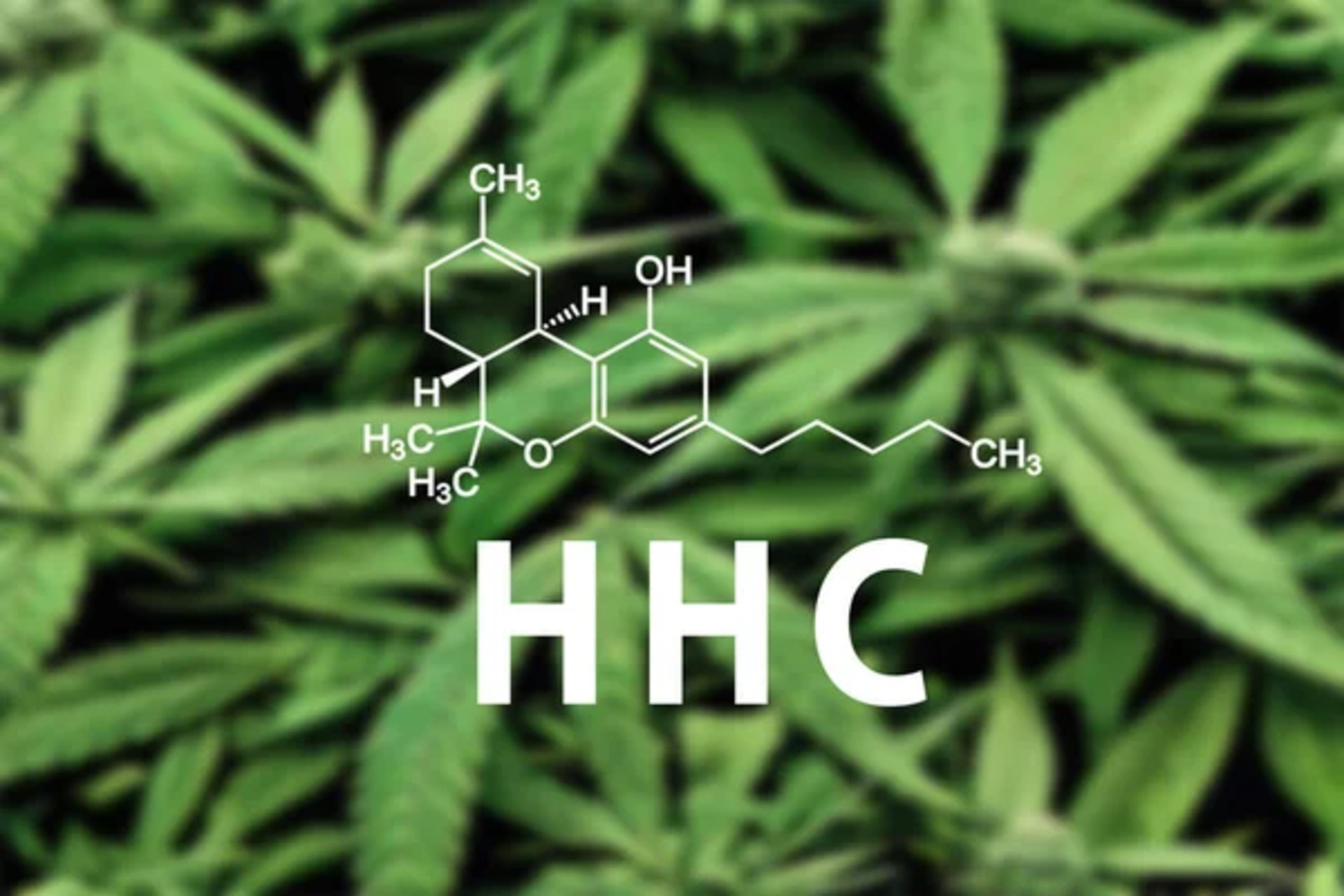With the rising popularity of hemp-derived cannabinoids like delta 8 THC and delta-10 THC, there is another intriguing compound known as HHC that has sparked curiosity. However, understanding HHC can be challenging due to conflicting information about its legality, effects on the body, and even its natural occurrence in cannabis. Although it has recently entered the market and is primarily available in vape cart form from a limited number of retailers, HHC shows significant potential, and it may gain more attention in the near future.
While state and federal agencies are increasingly banning delta-8 THC, HHC offers a slightly more promising and appealing legal alternative since it does not fall under the THC compound category. Additionally, there are anecdotal claims that HHC might not be detected in drug tests, although more research is needed to validate this claim.
Liam Burns, the founder and CEO of Bearly Legal Hemp, a prominent retailer of HHC, shares that HHC is experiencing rapid growth in demand. This can be attributed to regulations banning delta-8 THC, but consumers are also purchasing HHC in states where delta-8 THC is still accessible.
Continue reading to delve into the world of HHC: its manufacturing process, its potential effects, the unclear legal status, and the lingering questions that surround this intriguing cannabinoid.
What is HHC?
HHC, also known as hexahydrocannabinol, was initially synthesized in 1944 by American chemist Roger Adams. He achieved this by introducing hydrogen molecules to Delta-9 THC through a process called hydrogenation. This chemical transformation results in the formation of HHC.
Hydrogenation is not exclusive to cannabinoid production; it is a process commonly used to convert vegetable oil into margarine.
While Adams initially created HHC from conventional THC derived from cannabis, contemporary methods typically involve deriving the cannabinoid from hemp. Hemp is a variety of cannabis with low THC content, legalized at the federal level by the 2018 farm bill.
How is it Different from Delta-8?
One notable distinction between HHC and THC or delta-8 THC is the presence of an additional hydrogen molecule in HHC’s chemical structure.
Both consumers and scientists have observed that HHC tends to produce milder and less psychoactive effects compared to traditional delta-9 THC. Manufacturers often draw a comparison between the effects of HHC and delta-8 THC, with some anecdotal reports suggesting that HHC may be even less psychoactive than delta-8 THC.
How is HHC Made?
The production of HHC involves several steps and a proprietary process. Initially, CBD is extracted from raw hemp and undergoes distillation to isolate it in a powdered form. Colorado Chromatography, a company specializing in the production of various compounds including HHC, utilizes a unique manufacturing process.
The process takes place within a chemical reactor, which can be likened to a black box. CBD is introduced into the reactor, and the output is HHC. After this stage, the resulting HHC is refined to obtain a gold dark oil, which then undergoes distillation. This refining and distillation process further refines the HHC for use.
Is HHC Safe to Make?
When produced in a well-equipped laboratory following proper safety protocols, HHC can be made safely. Richard Sams, a scientific director, has tested HHC products and confirmed their safety. However, it’s important to note that scaling up production can increase the risks, particularly the potential for explosions. To mitigate this risk, companies like Colorado Chromatography, which produces HHC, operate in “explosion-proof” spaces with proper grounding to prevent static discharge.
Is It Safe to Consume HHC?
The safety of consuming HHC is not well-established, as there is limited research on its immediate and long-term effects. Since hemp-derived cannabinoids, including HHC, are not subject to the same regulations as cannabis in legal adult-use states, there are no standard doses or requirements for testing potency and purity.
Bearly Legal, a company that sells HHC products, provides third-party testing results from KCA Laboratories, showing that their vape carts contain approximately 99% HHC. However, it’s important to note that there may still be slight deviations within the margin of error in these test results.
It’s worth mentioning that Binoid, another major retailer of HHC, did not respond to requests for comment regarding safety or testing.
As with any new and relatively unregulated substance, it’s advisable to exercise caution and make informed decisions when considering the consumption of HHC or similar products.
HHC Effects on Body and Mind:
The effects of HHC on the body and mind are still a subject of debate and lack consensus. HHC is a mixture of two different types of molecules: 9R HHC, which actively binds to the body’s natural endocannabinoid receptors, and 9S HHC, which has a slightly different molecular structure and doesn’t bind to the receptors as effectively. The 9R HHC molecule produces effects similar to delta-8 THC but requires a higher dosage to achieve them. With a sufficient dose, THC-like effects can be observed. However, milligram-for-milligram, HHC is generally less potent than delta-8 THC, which is itself about half as potent as delta-9 THC.
How Potent is HHC?
The potency of HHC can vary depending on the batch and the ratios of active and inactive HHC molecules. According to Kyle Ray from Colorado Chromatography, the goal is to have at least 50% active compound in the product. It is not cost-effective to isolate and separate the active and inactive molecules completely, so the aim is to maximize the active compound while minimizing the less active compound. The typical ratio is around 2:1 or 1:1.
In terms of effects, Liam Burns from Bearly Legal describes feeling energetic and sharp when using HHC. He experiences relief from pain and is able to engage in physical activities like going to the gym without discomfort. Personal experiences with HHC vape carts, such as the Blue Dream cart, have been generally positive, providing a pleasant and mildly cerebral high along with soothing effects for muscle pain. However, it’s important to note that individual experiences with HHC can vary.
Can I Vape HHC?
Yes, HHC can be vaped. It is available in the form of vape cartridges from various retailers, along with other HHC products such as gummies. Vaping HHC allows for inhalation of the cannabinoid, providing a method of consumption for those who prefer vaporizing over other forms.
HHC vs. HHC-O Cannabinoids:
HHC-O, also known as HHC acetate, is a variation of HHC that has gained attention alongside the rising popularity of HHC. To create HHC-O, producers introduce the chemical compound acetic anhydride to HHC molecules. This chemical modification enhances the binding of HHC-O to cannabinoid receptors, resulting in a more potent effect compared to regular HHC.
Manufacturers claim that HHC-O can be anywhere from 1.5 to up to three times stronger than regular HHC in terms of its potency. This increased potency has attracted the interest of some consumers who seek a more intense experience with hemp-derived cannabinoids.









0 Comments